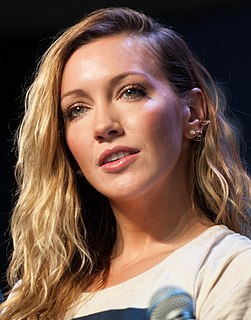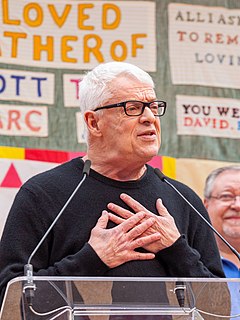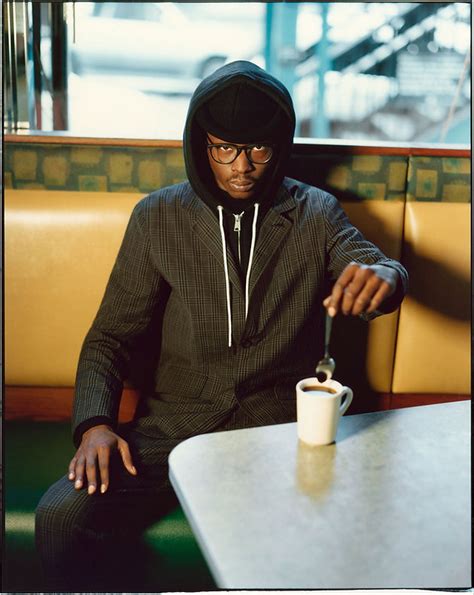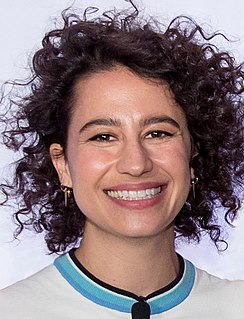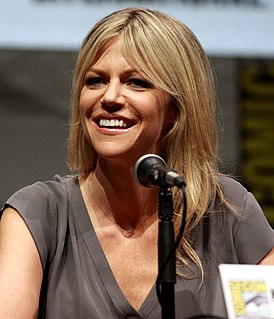A Quote by Peyton List
I work with elementary- and middle school-age girls.
Quote Topics
Related Quotes
For a number of years at my public elementary school in rural Maine, I was treated like all the other girls in school. That changed in September 2007 when a male classmate, set on a path by his grandfather, followed me into the girls' restroom. The end result was that I had to use the school's staff bathroom - just me, no one else.
I had the honor of meeting a young Pakistani woman named Malala Yousafzai, who was shot and nearly killed just for trying to go to school. I also heard about how nearly 300 girls in Nigeria were kidnapped from their school dorms in the middle of the night. There are girls like this in every corner of the globe. In fact, there are more than 62 million girls worldwide not attending school, and that's an outrage.
As a child, I walked with my friends to Rosa Parks Elementary and then to Ben Franklin Middle School. I rode Muni to Galileo High School. And thanks to amazing teachers who believed in me and supported me along the way, I was able to matriculate to another public school: the University of California at Davis.
Often low-income parents give their children every other thing they need for successful participation in school and the world of work except the planning and organizing skills and habit patterns needed to operate in complex settings. Many intelligent and able college students from low-income backgrounds confront these deficits when faced with a heavy assignment load. . . . These patterns are best acquired at an early age and need to be quite well developed by late elementary school or twelve or thirteen years of age.




